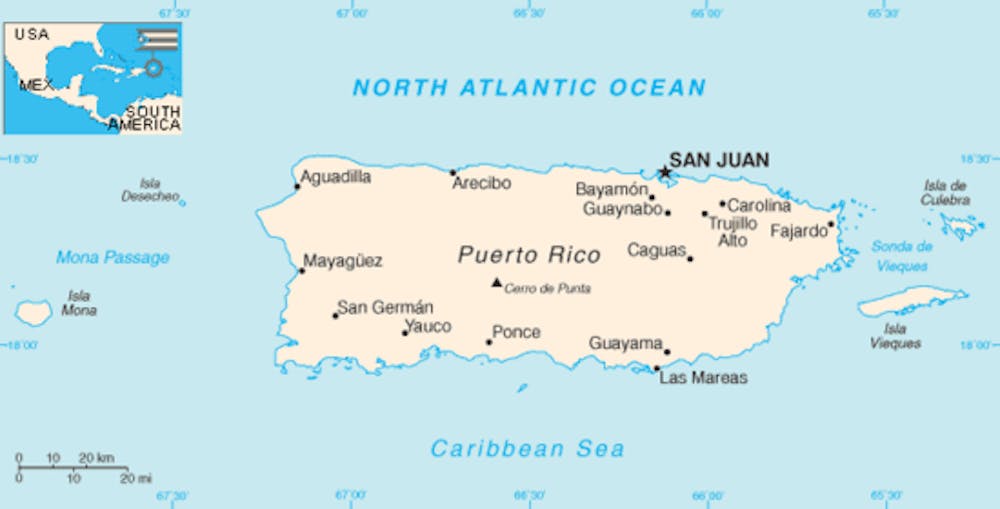Following Hurricane Maria’s devastation of Puerto Rico, the lack of widespread knowledge about United States territories was clear. Despite Puerto Rico’s status as a U.S. territory — whose inhabitants are born U.S. citizens — concern about the disaster among the general public was low. Additionally, few United States citizens are aware of the rights and status of the territory’s inhabitants. According to recent polling, only 54 percent of Americans know that Puerto Ricans are born U.S. citizens. Additionally, the same Morning Consult poll found that when Americans were informed of Puerto Rican’s citizenship status, they were more likely to support aid than when they were unaware. These polls indicate that disaster relief efforts are hindered by the lack of knowledge of the general populace. This is troubling in the least, and demonstrates that the U.S. educational system needs to prioritize civics. All American citizens should be knowledgable about U.S. territories, and this will only come from a reformed civic education curriculum.
Increased education regarding the history and current status of United States territories is vital to the success of future generations. Currently, “only 37 percent of people ages 18 to 29 know people born in Puerto Rico are citizens.” Furthermore, the percentage of people who know Puerto Ricans are citizens is far lower among citizens without a college education. This vital information should be learned throughout elementary and secondary school. States across America are doing its citizens a disservice by not including information about U.S. territories in their civics curricula. The Virginia Department of Education’s Standards of Learning for civics and government classes do not currently include the express teaching of information about U.S. territories. Though these facts should be learned in courses from a young age, polling data clearly shows that the status quo is leaving students uninformed.
In addition, the United States citizenship test requires that prospective citizens at least know the United States territories. This test is meant to demonstrate the most basic knowledge of American government and U.S. history and geography. If the government deems its territories important enough to include them as a question on the citizenship test, they should include them in government and civics education as well. Students should be learning beyond the basics and should have a broad knowledge of the difference between states and territories, as well as the campaigns within territories to gain statehood. An education on U.S. government and civics should include all facets of the United States and its territories.
The particular lack of knowledge about Puerto Rico among those without a post-secondary education demonstrates the need for a curriculum change. According to the U.S. Bureau of Labor Statistics, the number of students seeking a post-secondary education has dropped to a decade low. The need for quality grade school education is only growing. If fewer and fewer students seek post-secondary education, the government and civics education provided in U.S. schools must be high-quality, so as to mold students into intelligent and informed citizens, even if they do not seek additional education.
U.S. territories like Puerto Rico are an important part of both modern and contemporary politics. As a result, they should be treated with utmost importance in classrooms across the nation. Citizen response to Hurricane Maria demonstrated that the curricula, as they stand, fail to inform citizens of basic information about the meaning of territorial status. If the United States wishes to remain a world power, the quality education of the populace is vital and information about Puerto Rico and other U.S. territories should be included and emphasized.
Carly Mulvihill is the Senior Associate Editor for the Opinion section of The Cavalier Daily. She can be reached at c.mulvihill@cavalierdaily.com.







